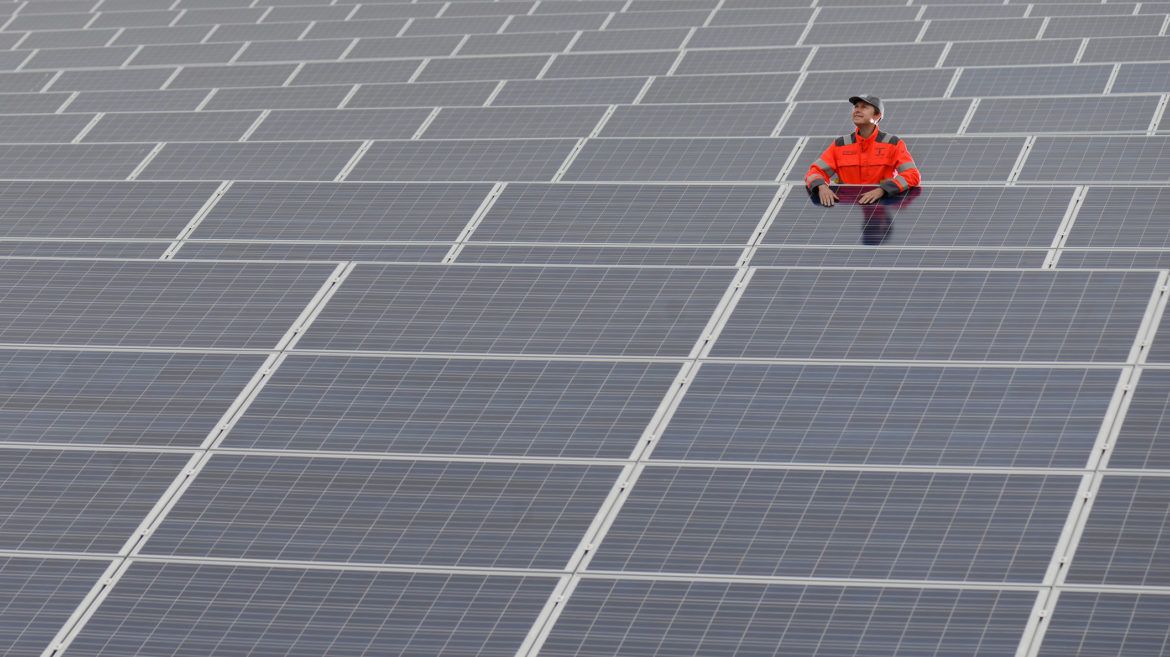COCA-COLA Beverages Philippines Inc. (CBPI) will install solar panels in two more of its manufacturing sites this year. With the addition, there will be a total of nine manufacturing sites utilizing renewable energy (RE).
According to the CBPI corporate and regulatory affairs director Juan Lorenzo Tañada, “This 2019, we will be installing solar panels in our manufacturing sites—starting with our Misamis Oriental and Bacolod plants,” during Powertrends 2019, the longest-running energy exhibition in the country.
To date, seven of its manufacturing sites are using renewable energy. These are located in Santa Rosa; Canlubang; Ilocos; (Calasiao) Pangasinan; Cebu; San Fernando, Pampanga; Meycauayan.

“With the shift to 100 percent use of geothermal power of all these plants that started in December 2018, over 60 percent of our total energy consumption is being sourced from renewables,” said Tañada.
The company earlier tapped First Gen Energy Solutions Inc. (FGES) and Bac-Man Geothermal Inc. (BGI) – for RE sources, to power Coca-Cola’s bottling facilities in Ilocos, Pangasinan, Pampanga and Cebu.
In February last year, Coca-Cola’s Santa Rosa and Canlubang Plants started integrating RE into its operations for the bottling arm of Coca-Cola to operate sustainably and enhance capabilities across its value chain.
There are 19 Coca-Cola bottling facilities all over the country.
“But we are not stopping there. As part of our Clean Energy 2.0 project, we are continuously investing in our processes and systems to make sure that we are responsibly managing our environmental footprint,” he added.
For instance, the company incorporated more fuel-efficient modes of product delivery, and as of 2017, the company has been using full LED lighting in cooler equipment for improved environmental performance. This year, Tañada said CBPI’s new cooler units have hydrocarbon refrigerant technology, which makes it possible to have zero emissions and help reduce carbon footprint.

“All these achievements are just the beginning, for we are dedicated to continue making strides towards our goal: to be best in class in energy use ratio and clean energy use in Southeast Asia by 2023. We have a roadmap toward achieving this ambitious target: Clean Energy 2.0. Ultimately, we aim to use an average of 50 percent recycled plastic content in all of our packaging by 2030,” he said.
Last June, CBPI announced an investment of P1 billion for a food-grade recycling facility. This represents Coca-Cola’s commitment to a “World Without Waste,” collaboration with a local company and internationally-recognized green technology recycling firm.
Photos from:
coca-cola
Rappler






